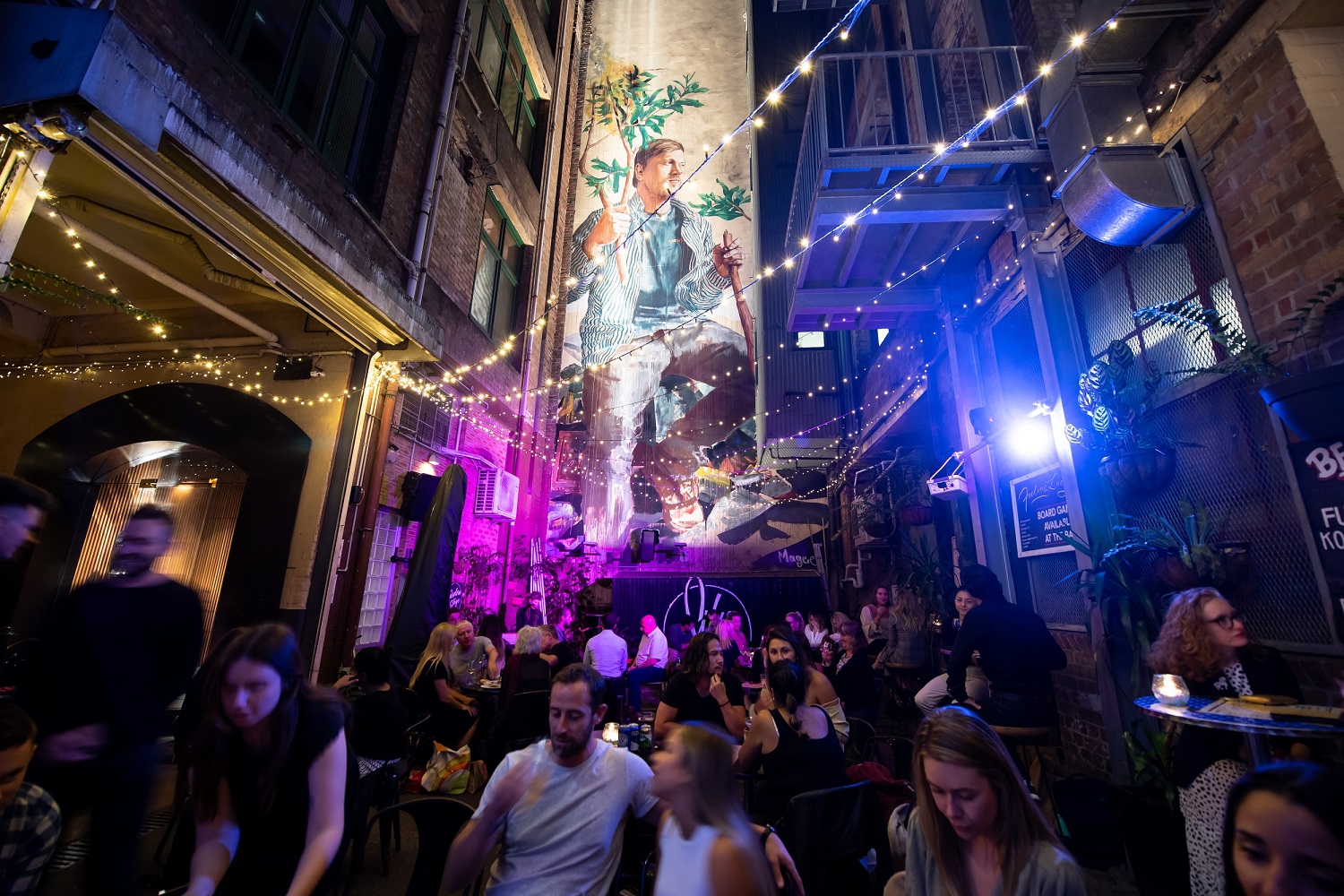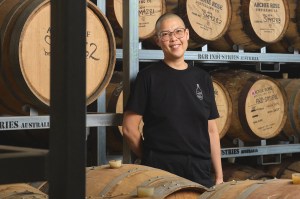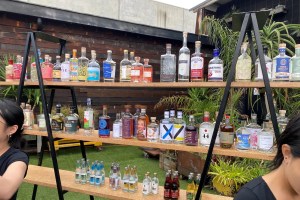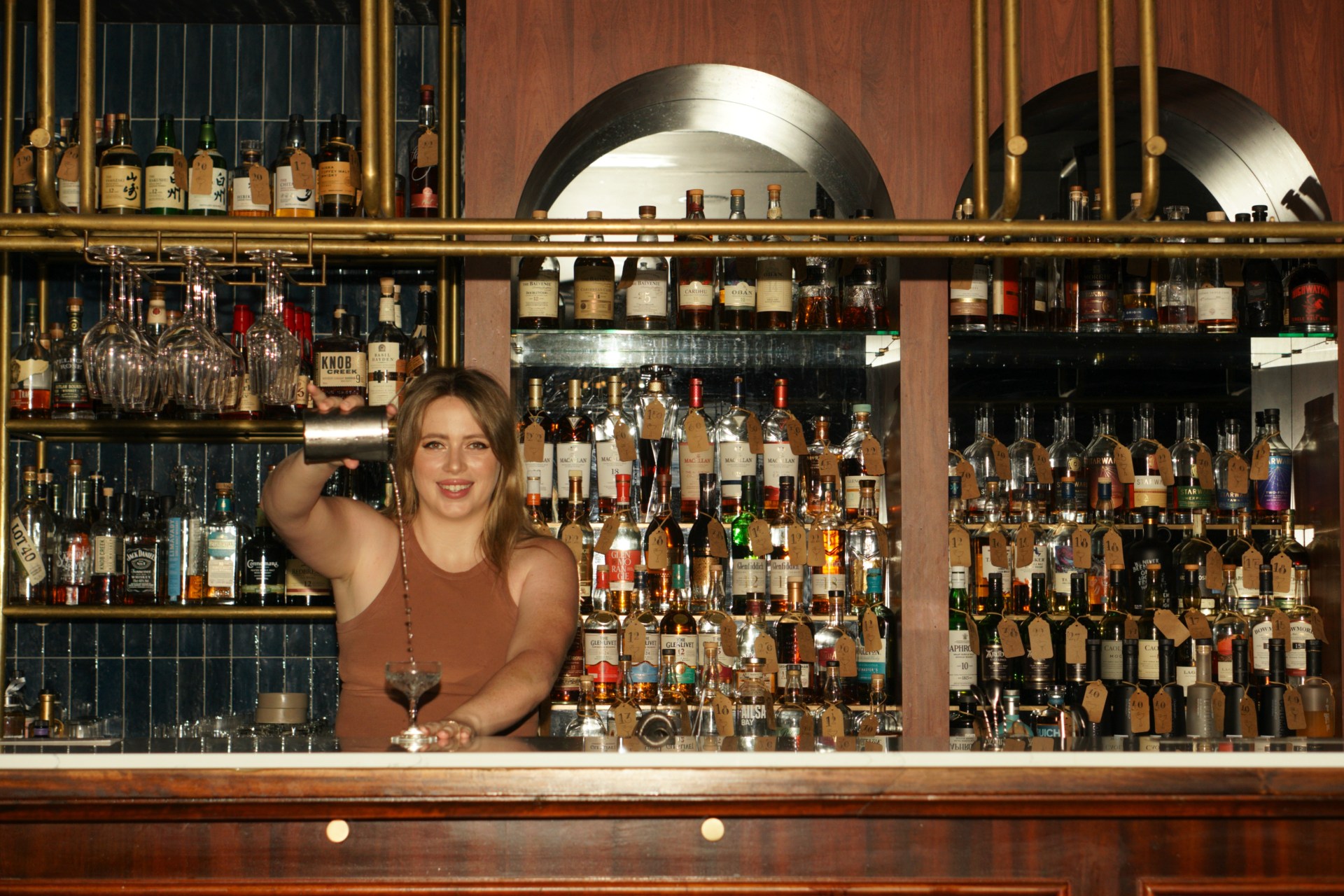What's Hot
Celebrate a Century with Australia’s Oldest Spirit
To celebrate their 100th distilling season in 2025, St Agnes Distillery has unveiled the St Agnes XXO 50 Year Old Exceptional Reserve, the oldest bottled spirit ever produced in Australia....
NEW BY POPULAR DEMAND – BAROSSA VALLEY ESTATE ROSÉ
NEW BY POPULAR DEMAND – BAROSSA VALLEY ESTATE ROSÉ For the first time ever, our most popular cellar door wine is available to the public – Barossa Valley Estate Rosé....
ARCHIE ROSE WHITE CANE RUM RIFF: FINALISTS ANNOUNCED!
With over 100 entries from bartenders across Australia, finalists for Archie Rose’s White Cane Rum Riff have been announced. This high-energy neighbourhood cocktail competition is all about celebrating Australian spirits...
The Glendronach Unveils ‘The Masters Anthology’: An Ode To Sherry Cask Mastery
A new collection of Highland Single Malt Scotch Whisky that captures the breadth and depth of sherry cask maturation. Curated by acclaimed Master Blender Rachel Barrie, this anthology celebrates almost...
Taste the Legend with Theakston
Across the range of Theakston Ales, you will find a beer that fits your customer base — on tap, in bottle, or in can. From the dry and refreshing Best Bitter to the hoppy Peculier IPA and Pale, to the exceptional XB Ruby Ale,and finally to the rich...
Kentucky is calling with Angel’s Envy: Win the Ultimate Angel’s Envy Distillery Experience!
After an incredibly successful first year, Angel’s Envy is launching its Kentucky is Calling incentive program for the second year – here’s how you can get involved. To celebrate its...
Introducing ‘The Great Aussie G&T.’
The Great Aussie G&T campaign from Never Never Distilling Co presents an exciting opportunity for venues to boost sales and attract more consumers Never Never Distilling Co. was born in...
AUSTRALIAN DEAKIN ESTATE PORTFOLIO PARTNERS WITH OATLEY FINE WINE MERCHANTS
We are pleased to announce that from April 1, 2025, Australian wine brands; Deakin Estate, Deakin Azahara and La La Land have entered into a new Australian distribution partnership with...
Billson’s: The Soda-liciously Flavour-Packed RTD range!
Looking to drive incremental sales and attract new shoppers? Stock Billson’s—the unashamedly flavour-packed vodka RTD range that’s bringing young female drinkers into the category like never before. With a fun,...
Are you a champion of NSW Wines? Submit your wine list to the 2025 NSW Sommelier’s Wine List Awards.
The 2025 NSW Sommelier Wine List Awards are here for their sixth year, and NSW Wine is calling out to sommeliers, restaurant owners, bar managers, and hospitality professionals to showcase their exceptional...
WATERMELON FELLR FOR EVERY OCCASION
Watermelon isn’t just a summer fling. It’s here to stay. With FELLR’s new DOUBLE WATERMELON 6% ABV, there’s now a full-flavoured FELLR Watermelon for every table, every occasion, day & night,...
Archie Rose White Cane Rum Riff is Here!
We’re inviting bartenders across the country to showcase their skills by creating a riff on a classic cocktail, featuring the latest addition to our Fundamental Spirits Range, White Cane. Because...





























